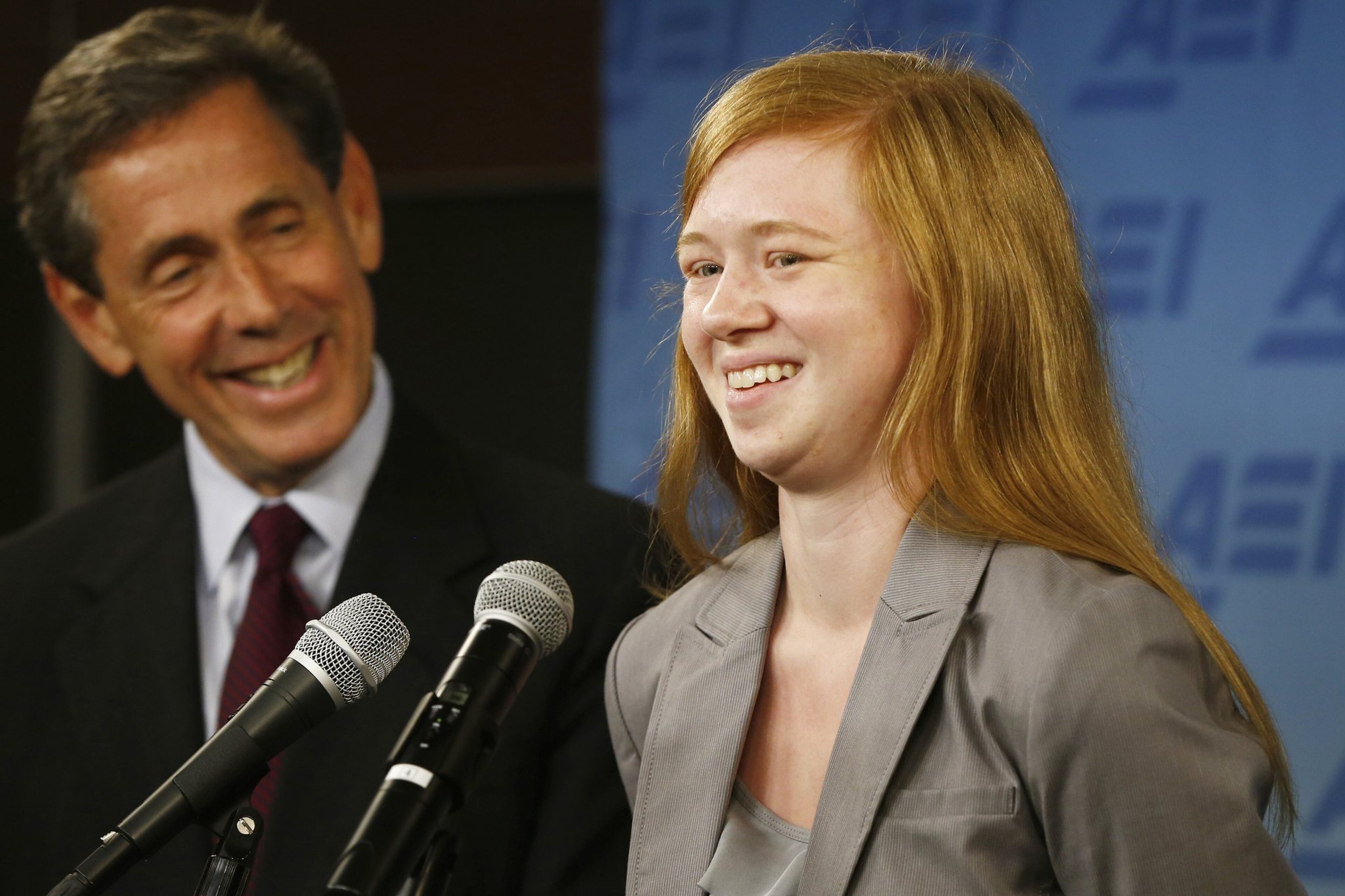Atlanta VC firm ends business grant for Black women after discrimination lawsuit

Fearless Fund, the Atlanta-based venture capital firm started by Black women to invest in women of color, has agreed to end a small business grant contest for Black women, putting an end to a yearlong racial discrimination lawsuit that has roiled the larger philanthropic world.
Fearless and the plaintiffs, the conservative nonprofit American Alliance for Equal Rights, filed a joint motion to dismiss the case with prejudice Wednesday morning, meaning the Alliance cannot sue over the specific grant contest again.
“As of today, the Fearless Fund has permanently closed the grant contest and will never reopen it,” the Alliance said in a statement.
Fearless Fund confirmed the settlement in a statement, though did not disclose the terms.
“From the moment the lawsuit was filed, I pledged to stand firm in helping and empowering women of color entrepreneurs in need,” Fearless Fund CEO and co-founder Arian Simone said. “Our overarching mission remains focused on helping and empowering entrepreneurs who have been historically overlooked in the venture capital marketplace.”
The case started in August last year when the Alliance sued Fearless and its foundation over its Fearless Strivers Grant Contest, a $20,000 grant for Black female entrepreneurs sponsored by Mastercard. The Alliance alleged the contest discriminated against non-Black businesspeople.
In June a three-judge 11th U.S. Circuit Court of Appeals panel ruled 2-1 against Fearless and issued a preliminary injunction against the grant.
Rather than appeal, last month, Simone said she and her team decided to settle because if they lost, the decision would apply nationwide.
Alphonso David, chief executive of the Global Black Economic Forum and one of the lead lawyers for the Fearless Fund, said the group was prepared to go to the U.S. Supreme Court.
But by settling the case, Fearless can get back to its mission of helping under resourced entrepreneurs, David said.
“The more time that we’re focused on distractions, we’re unable to actually advance our mission to advance equity,” he said.
He added the settlement does not restrict any investment or other charitable activity of the Fearless Fund or the foundation outside of the Fearless Strivers Grant Contest.

In an email to The Atlanta Journal-Constitution, Edward Blum, president of the Alliance, said his organization had “hoped that the Fearless Fund would open the contest to all women, regardless of their race or ethnicity. That has been the positive outcome for the other organizations, corporations, and law firms that AAER has sued. It’s bewildering why the Fearless (Fund) would not do the same.”
David said he didn’t “know what Blum was talking about,” and Fearless decided to close a program that was already going to end soon, before the Alliance sued.
“(Fearless) will continue to operate their programs consistent with their mission, rather than operating a program under his edict or under his framework,” David said.
Chilling effect
Blum was the activist behind a case that led to the 2023 Supreme Court ruling overturning affirmative action in college admissions, a decision that launched a new wave of lawsuits against corporate diversity, equity and inclusion initiatives.
Since suing Fearless, the Alliance has filed at least nine other lawsuits against companies such as Southwest Airlines, law firms and the governors of Minnesota and Alabama over race-conscious requirements in a variety of programs. The Alliance has dropped lawsuits after defendants agreed to change eligibility requirements.

In the year since the Alliance sued Fearless, the VC firm’s co-founder and former COO Ayana Parsons left, though she said her decision was not influenced by the case. Simone told Inc. magazine that nearly all of the firm’s corporate partners backed away and the Fearless Foundation’s revenue dropped in 2023 by nearly 38%, according to the nonprofit’s tax filings.
For Shila Nieves Burney, managing partner of Atlanta-based firm Zane Venture Fund, which is focused on investing in underrepresented founders, the outcome of the case is “deeply disappointing.” Nieves Burney helped spearhead a petition signed by more than 70 venture capitalists condemning the suit.
“The end of the grant not only signifies a loss for the Fearless Fund but also sends a disheartening message to the broader investment community: that supporting Black women entrepreneurs comes with undue challenges,” she said.
She commended Simone for standing up for her beliefs, but said she fears “a chilling effect on future investments in underrepresented communities.”
In 2022, female founders of color received just 0.39% of all venture capital investments, according to Fearless. Historically, Black female entrepreneurs receive a fraction of what other founders get. Between 2009 and 2017, only 0.0006% of venture capital funding went to businesses started by Black women, according to nonprofit advocacy group Digitalundivided.
“Socio-economic disadvantage, rather than race, should be a consideration in awarding funding, college admissions, and employment decisions,” Blum said in an email.
He hopes in the wake of the Fearless case, race-conscious programs at other organizations will be ended and said the Alliance has “ongoing litigation efforts to challenge in the courts race-based policies, programs, and statutes that weaken our nation’s social fabric.”
Fearless Fund is continuing its work. On Wednesday the firm said in a statement it was working to lend $200 million to under resourced founders, with a goal of lending to more than 3,000 entrepreneurs.
The Atlanta Journal-Constitution and Report for America are partnering to add more journalists to cover topics important to our community. Please help us fund this important work here.



